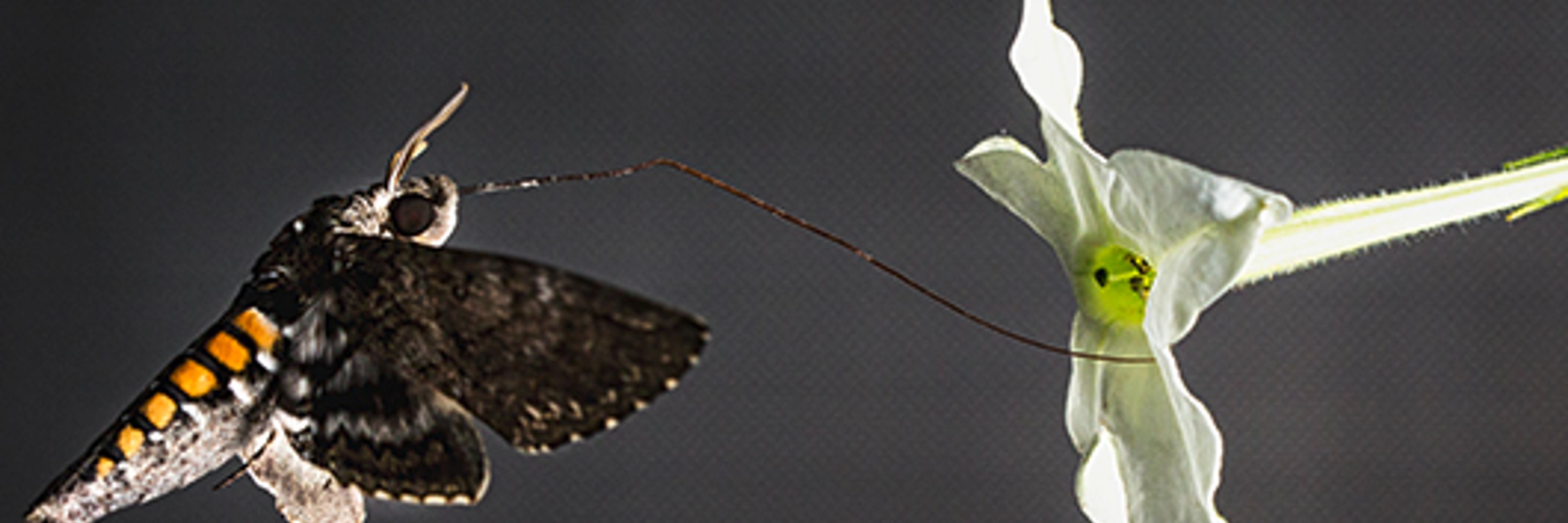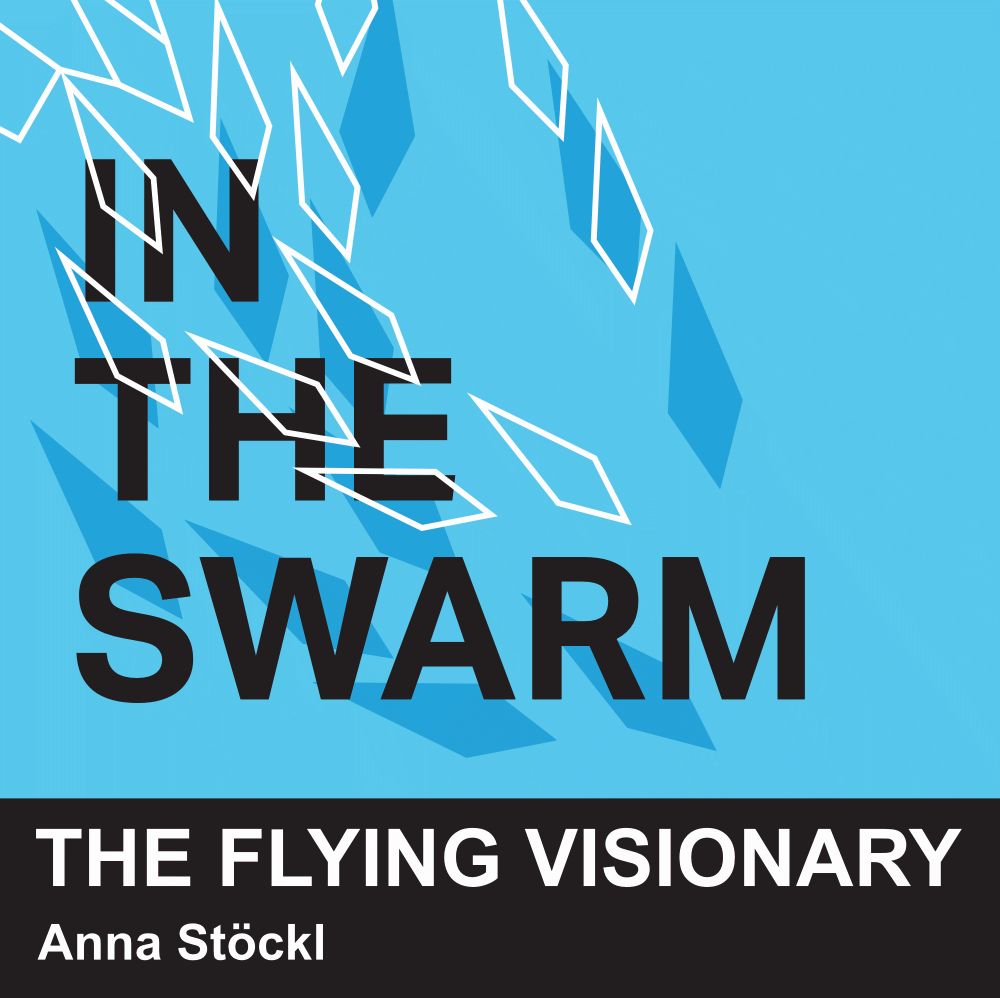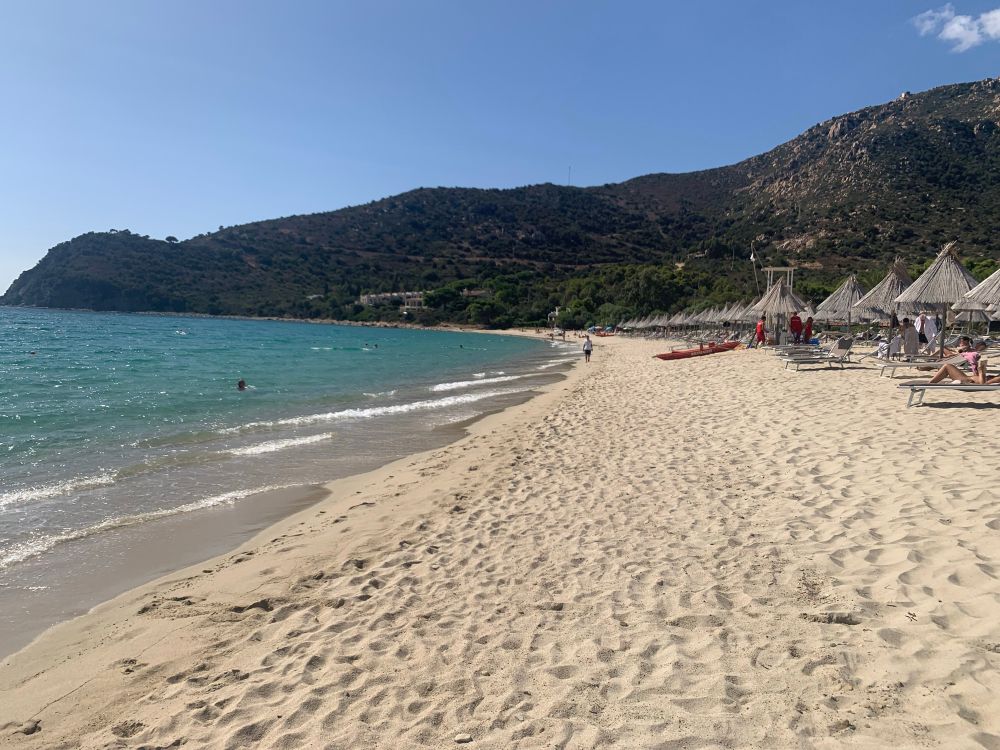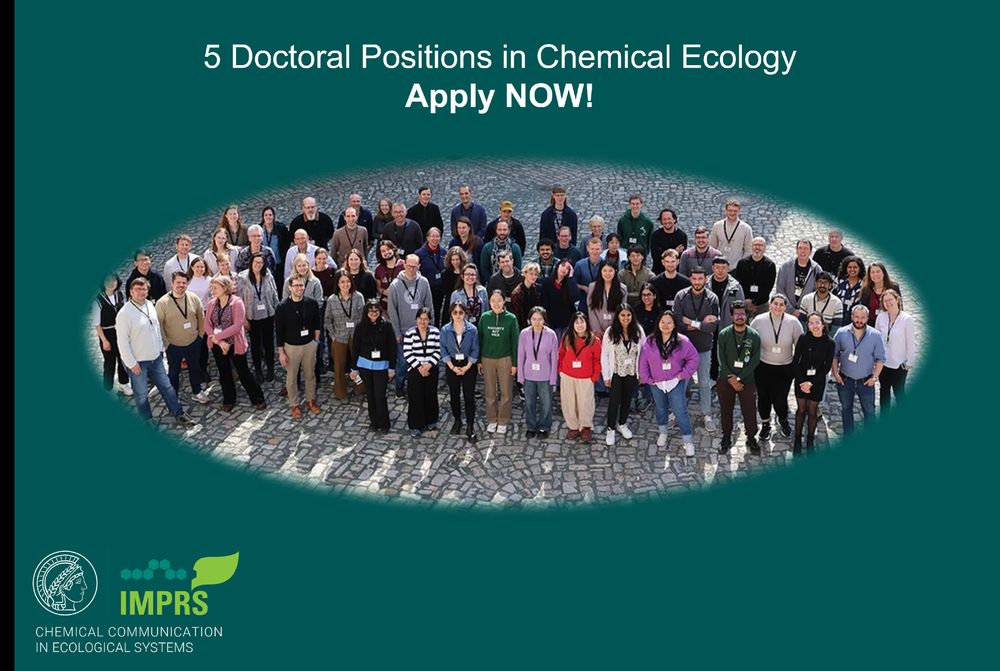

www.wur.nl/en/vacancy/p...

buff.ly/XDmo4Ue
buff.ly/XDmo4Ue
doi.org/10.7554/eLif...

doi.org/10.7554/eLif...
www.wur.nl/en/vacancy/p...

www.wur.nl/en/vacancy/p...







Have you ever wondered how tiny insects navigate the world? In this episode, @anna-stoeckl.bsky.social explains how the tiny but mighty insect brain controls behaviour of stunning complexity.
www.exc.uni-konstanz.de/collective-b...

Have you ever wondered how tiny insects navigate the world? In this episode, @anna-stoeckl.bsky.social explains how the tiny but mighty insect brain controls behaviour of stunning complexity.
www.exc.uni-konstanz.de/collective-b...



www.pe-rc.nl/Chemical_Com...
www.pe-rc.nl/Chemical_Com...
www.wur.nl/nl/vacature/...

www.wur.nl/nl/vacature/...
bit.ly/4jxyHtw
bit.ly/4juizJb
bit.ly/434JEwI

bit.ly/4jxyHtw
bit.ly/4juizJb
bit.ly/434JEwI
We are happy to announce that the registration has started for the upcoming ESITO 2025 meeting taking place September 19-24, 2025 in Sardinia, Italy.
Please register and submit your abstract here: events.gwdg.de/e/esito2025
Deadline: July 1st!

We are happy to announce that the registration has started for the upcoming ESITO 2025 meeting taking place September 19-24, 2025 in Sardinia, Italy.
Please register and submit your abstract here: events.gwdg.de/e/esito2025
Deadline: July 1st!
www.ice.mpg.de/296548/curre...
jobs.ice.mpg.de/en/jobpostin...

www.ice.mpg.de/296548/curre...
jobs.ice.mpg.de/en/jobpostin...

www.pnas.org/doi/10.1073/...
www.pnas.org/doi/10.1073/...

